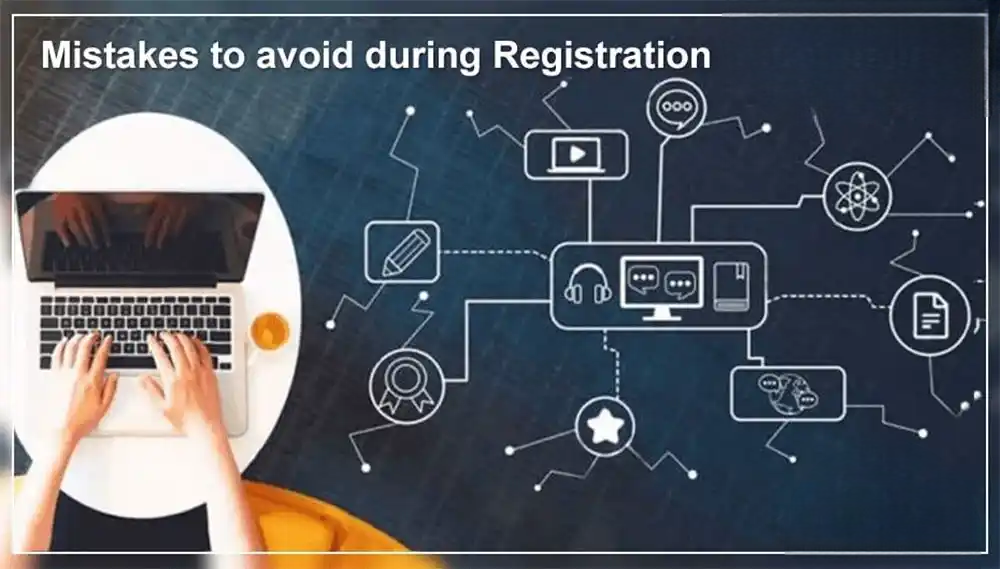As we step into 2025, the tax landscape for private limited companies in India is undergoing significant transformations. Whether you’re planning to register a company or already own one, staying updated on these changes is crucial for efficient financial management. In this blog, we will explore the latest tax reforms affecting private limited companies in India and provide insights into how these reforms influence the registration and operational processes of businesses.
Key Tax Reforms Impacting Private Limited Companies in India
1. Reduction in Corporate Tax Rates
One of the most notable reforms in 2025 is the reduction in the corporate tax rates for private limited companies. This is part of the government’s broader initiative to foster business growth and ease the tax burden on small and medium-sized enterprises (SMEs). The new tax structure aims to promote investment in the private sector and encourage entrepreneurship in the country.
For those considering private limited company registration in India, these changes can provide significant benefits in terms of tax savings, especially for businesses in the early stages of their operations. This reform makes it more attractive to register a company in India as it reduces the financial strain on startups and established enterprises alike.
2. Introduction of Simplified GST Filing for Small Businesses
Private limited companies that have a turnover below a specified threshold can now enjoy a simplified Goods and Services Tax (GST) filing process. This reform is aimed at reducing the compliance burden on smaller businesses, making it easier for companies to stay tax-compliant without the need for complex paperwork.
For businesses opting for Pvt Ltd company registration in India, this simplified GST process is a welcome change. It ensures that startups and growing companies can focus on scaling their operations rather than getting bogged down by complex filing procedures.
3. Tax Benefits for R&D and Innovation
The Indian government has introduced additional tax deductions for companies that invest in research and development (R&D). This is a great opportunity for tech startups or companies working on innovative products. Private limited companies focusing on product development, particularly in sectors such as IT, biotech, and manufacturing, can avail of these benefits.
If you’re looking to register a startup company in India, this reform is especially relevant. The new tax incentives for R&D can reduce the financial burden of innovation, allowing you to reinvest savings back into your business. This makes company registration online in India a more appealing option for budding entrepreneurs.
4. Taxation on Dividend Distribution
The taxation on dividend distribution has also been restructured. Private limited companies now face lower tax rates when distributing dividends to their shareholders. This will positively impact businesses, particularly those with a strong shareholder base looking to distribute profits. This change is essential for companies that want to attract investors by offering them a better return on their investment.
For businesses considering company registration in India, understanding how dividend distribution works under the new tax structure will help you plan your financial strategies better.
5. E-Invoicing and Digital Payment Systems
In a bid to promote transparency and reduce tax evasion, the Indian government has made e-invoicing mandatory for businesses above a certain turnover. This means that private limited companies will need to integrate digital invoicing systems to comply with the new regulations.
Company registration online in India has made it easier for entrepreneurs to set up businesses that are tech-ready and capable of adopting these digital reforms from day one. If you’re wondering how to register a company in India, keep in mind that these digital tools will play an essential role in your post-registration processes.
6. Faster Processing of Tax Returns for Startups
To support the growth of startups, the tax department has introduced faster processing for tax returns filed by private limited companies. This will help businesses streamline their financial operations, receive refunds quicker, and reduce delays in compliance processes. Entrepreneurs looking to register a startup company in India will benefit from this reform, ensuring that their financial paperwork is processed swiftly.
How These Tax Reforms Affect Company Registration
If you’re considering Pvt Ltd company registration in India or looking for insights on how to register a company in India, these reforms will make the process smoother and more financially rewarding. The reduction in corporate tax rates and simplified compliance measures mean that starting a business has become more affordable. Additionally, the digital tax initiatives, such as e-invoicing, will encourage the adoption of technology from the moment you choose to register a company in India.
By taking advantage of these reforms, companies can build a strong foundation for growth, reduce operational costs, and attract investment more effectively. If you’re still unsure about the registration process, opting for company registration online in India is an efficient way to navigate these changes while ensuring legal compliance.
Conclusion
As the Indian business environment continues to evolve in 2025, these tax reforms offer private limited companies an opportunity to thrive and scale with fewer financial constraints. Whether you are planning to register a company in India for the first time or looking to grow your existing business, these changes will help create a more conducive environment for innovation and financial success.
For entrepreneurs ready to take the next step, it’s now easier than ever to register a startup company in India and take advantage of the latest tax benefits. Understanding these reforms is crucial to maximizing the potential of your business and positioning it for long-term success.









